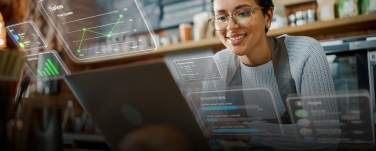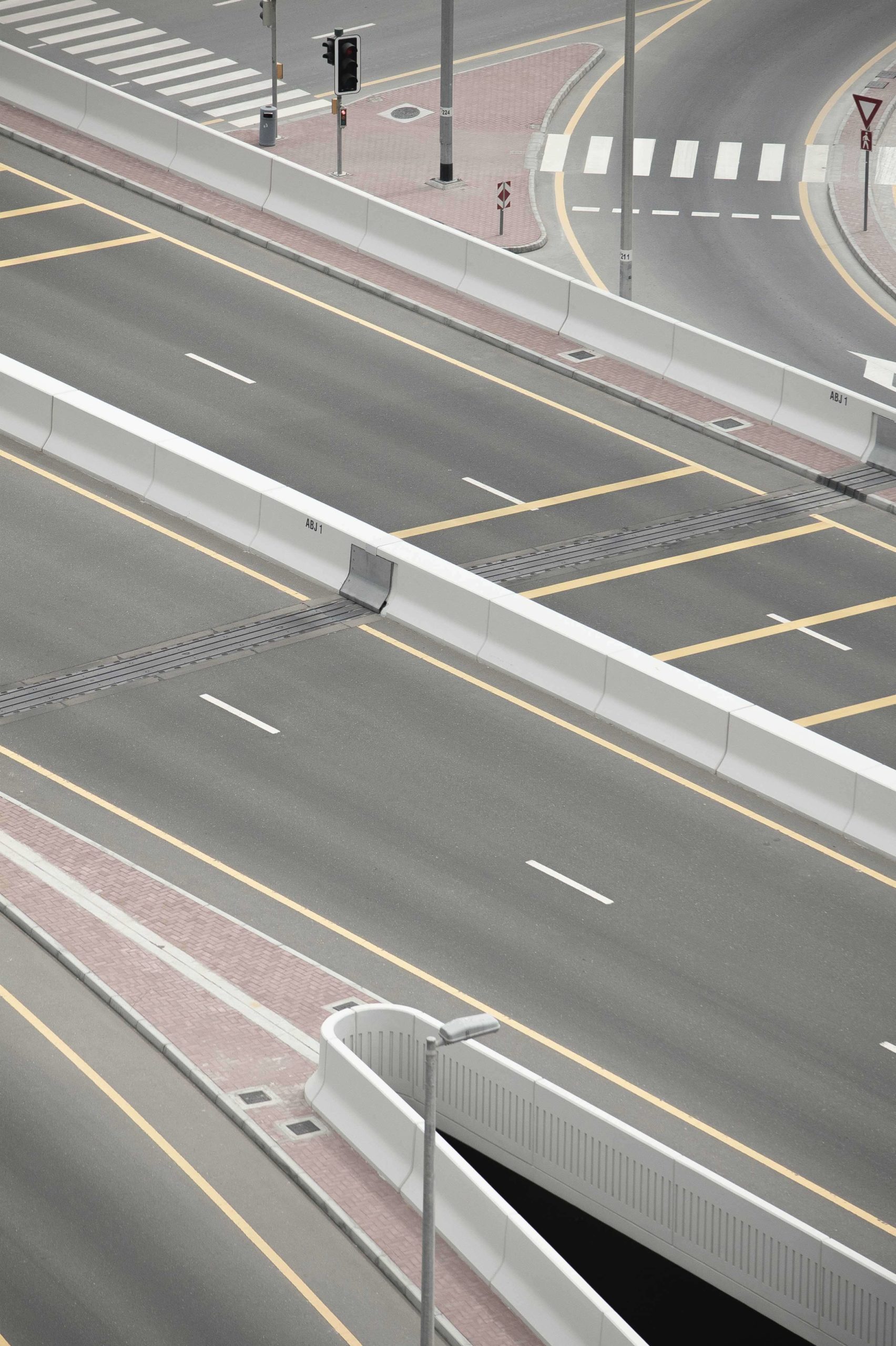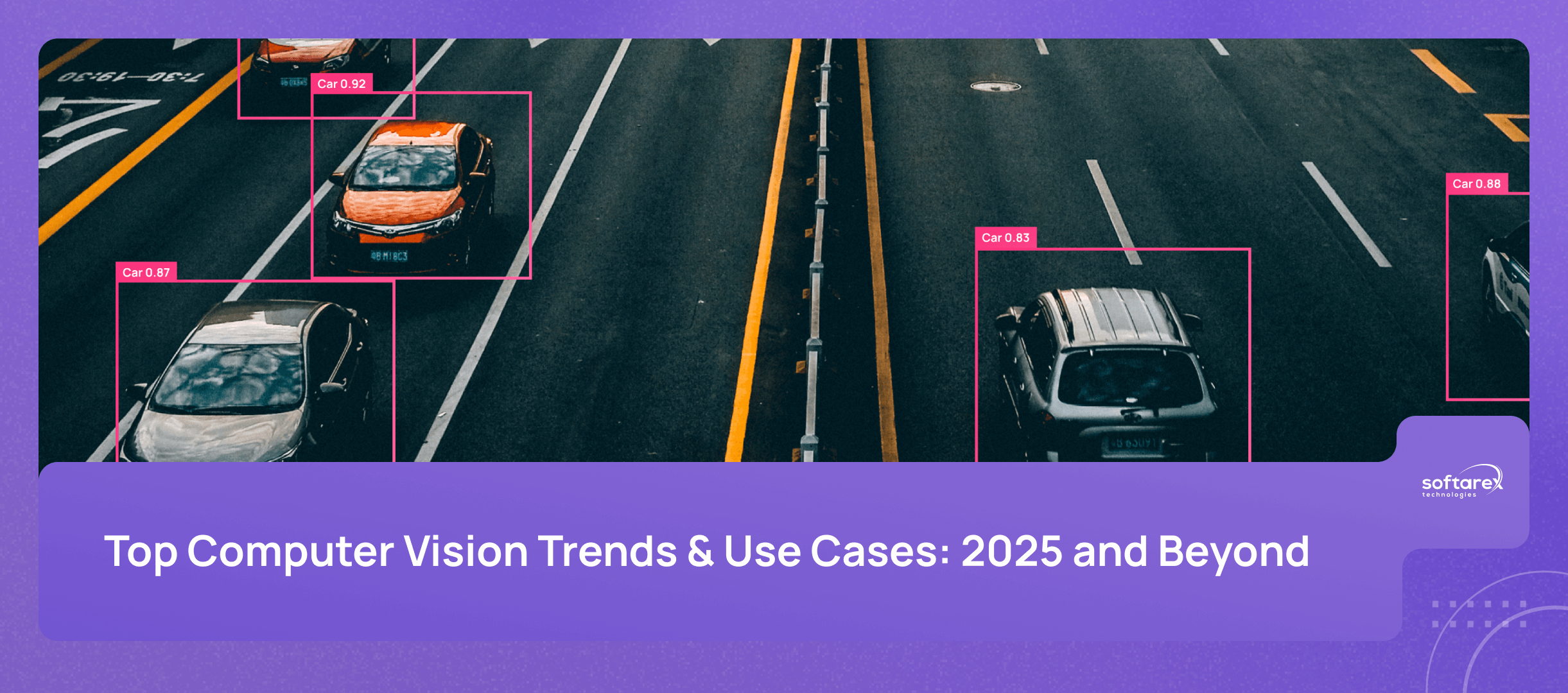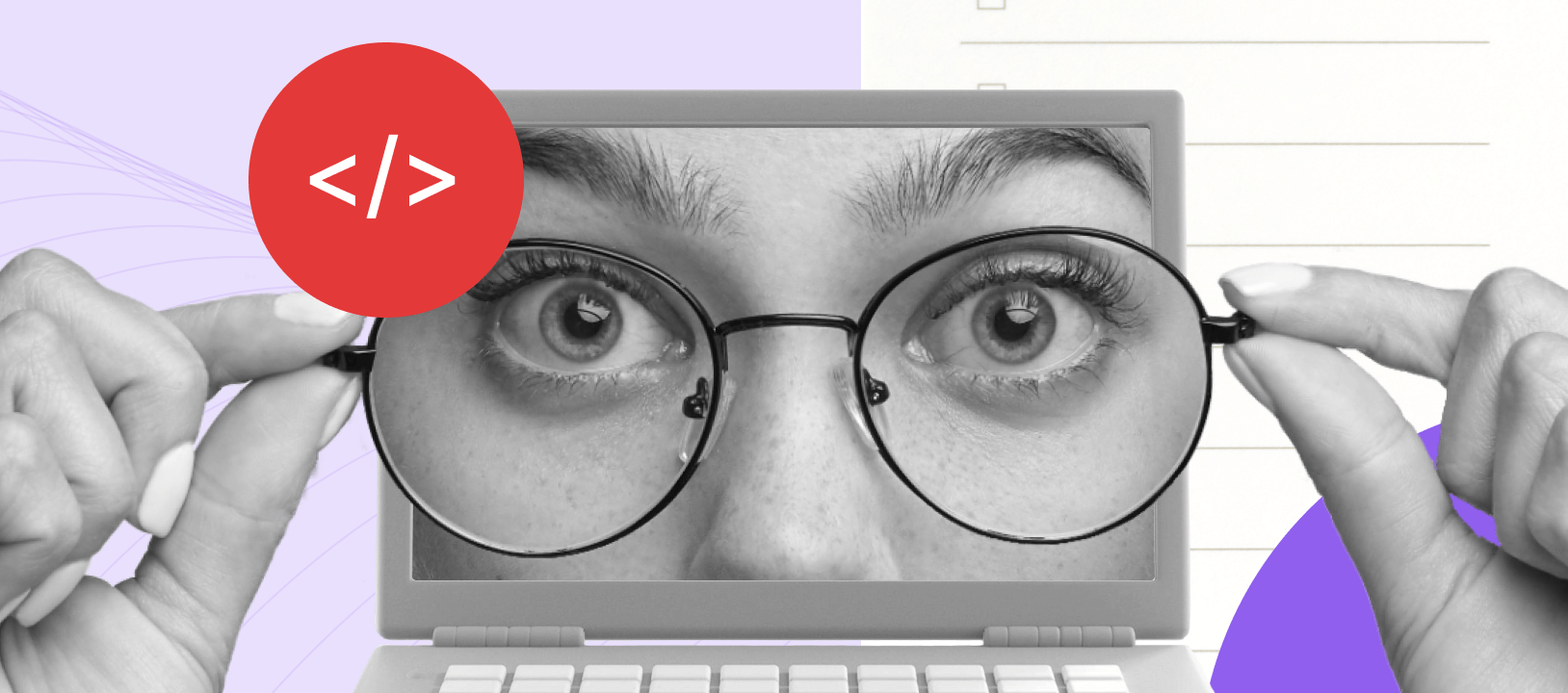We’ve digested expert opinions across multiple verticals, doubled it with our own expertise and vision, and came up with the most likely future that we will face after the pandemic revolution. The reduction of office workers by one-third, retailers are finally going online, shift to digital healthcare and radical renewal of the education system are just some of the changes that await us.
The world has experienced several global crises over the past 30 years, but none of them have changed our lives so significantly. The coronavirus pandemic is destroying transportation and production chains at an incredible pace, states are closing borders, universities are rapidly moving to remote learning. But this is certainly not a step into the abyss, but a path to a new reality that is based on modern technology achievements. However, the road is not going to be an easy one.
Pandemic revolution — the end of the office era?

Thousands of companies around the world are transferring into remote work environments. The trend of moving outside the office has been only discussed but suddenly became a reality for millions of employees in a flash. Though this global experiment is a forced one, it most likely to be successful and will inevitably lead to a radical reformatting of the global labor market as well as new social challenges.
The main benefits of abandoning offices and reducing office employees’ numbers are cost savings. It will be possible to reduce rental costs and renounce service staff like secretaries, security guards, drivers, etc. As well as to move from a hierarchical structure of the company to a flat or flat arch type.
In tech companies and similar, we probably will see the upcoming simplifications in a business organization, simplification of large organizations in general, and quite serious savings on internal costs to control employees’ performance. Arriving in an office at a fixed time won’t be so important, as well as the lunch break’s length and a dress code. Only work results are what will be valued.
This will eliminate the classifications of the past such as workweek or workday. Because switching to a new work relationship model, where only the product is what matters will no longer concern an employer about the time spent and place. And it is also a great chance for moms and dads with small children. The birth and upbringing of a child is no longer a reason to pause a professional career. The cloud-based organization, performance control, simplification of agreements will make the content of bloated back offices unnecessary.
As a result of such changes, the number of office employees may in some cases be reduced by one third or even more.
In a number of countries, this will acutely raise the question of what to do with unemployed people. But the quality of unemployment will also change. The phenomenon can become quite similar to the unemployment of industrial workers in the first half of the twentieth century when the loss of employment was perceived as a social challenge. Because it is one thing when a person voluntarily chose not to look for work, and it is totally the opposite thing when the narrowed demand for workers increases the probability of “bad” luck.
Trading without renting

Online retail is going to finally outpace brick and mortars, leaving it to niches like expensive boutiques or supermarkets. But in parallel, the delivery industry will grow dramatically, will become more convenient and more accurate, because everyone hates waiting for a long time for orders. Online fitting, a detailed system of sizes of clothes and shoes, will become a “must-have” tool for every online shop, while some brands have already foreseen and implemented it. If today’s networks are still resisting product labeling, tomorrow they will realize that this is their advantage over other retailers.
Cities are likely to expect falling demand for office and retail real estate — these markets will shrink by around 25 and 50% respectively. The destiny of shopping centers is to become family entertainment centers, food courts, and co-working stations.
Some of the showroom stores, where you can “feel” new things and devices, will probably remain. But not as much, as we have now and customers are likely won’t carry what they’ve bought with them, as they can buy it on the internet. And co-working spaces in shopping malls will be especially in demand in residential areas: not all workers who stay at home can afford a separate room for work.
Savings on retail spaces and partially on sellers will reduce costs by 20-30% even taking into account the increased costs of the delivery system. Will it increase the profitability of the business or force them into a price redaction race, will be determined in the struggle of large retailers for survival. On the side of big players against small ones, the reputation, guarantees, and speed of service will play the main role.
Long-life goods will likely be enhanced with life cycle contracts.
Instead of buying and delivering a TV, a subscription of connection and trouble-free use for five or seven years with timely model updates will become a common thing, like Apple already did. And we bet that big retail chains will not only survive but win if acted properly.
The new medicine

The Coronavirus pandemic had demonstrated humanity’s commitment to solidarity: peoples and Governments had made important choices between economic growth, income generation, and protecting the lives of older generations. This choice is as historic as the establishment of a retirement system and publicly available medicine in the first half of the last century.
Human value is absolute: it is not limited to human capital, their ability to work and generate income for a family, employer, and State. These words materialized in mass behavior, they became an economic fact of the beginning of 2020. For the first time in history, the world can be proud of the figures of GDP decline. But we hope that in a few months this reason for pride will disappear.
Medicine will, however, receive a major boost and shift in focus of its development. While in developed countries today it is largely a personal matter and responsibility of everyone for their own health, and they buy insurance based on the income.
The shock of the pandemic is likely to expand the area and scope of public responsibility for the lives and health of citizens.
All the more so because digital technologies provide new affordable solutions in this area. Early diagnosis, online appointments, remote monitoring of chronic patients, free or preferential provision of medicines — all of these are likely to change the balance of insurance and public medicine in favor of the latter.
Global university
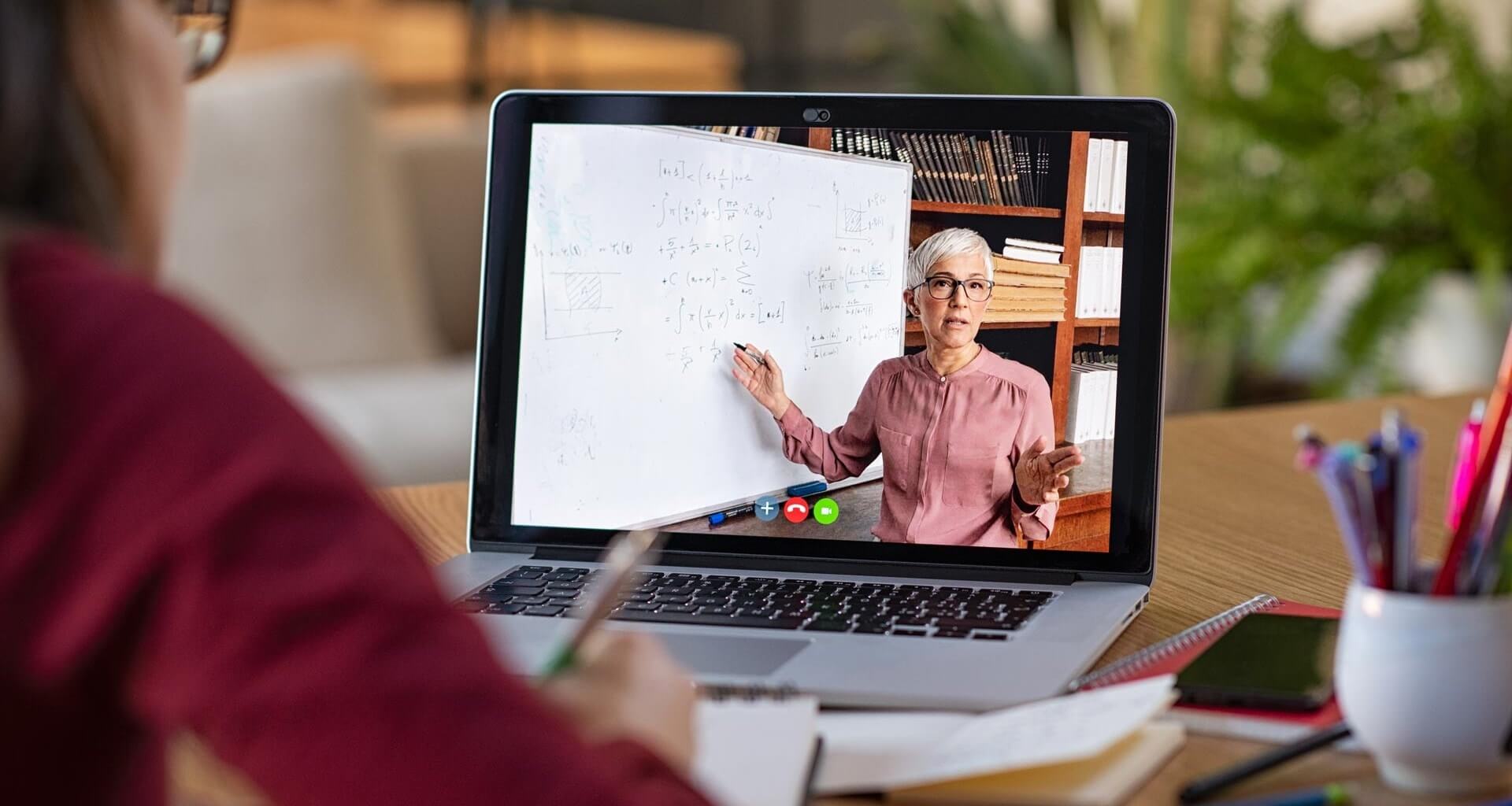
Incredible changes are happening in education, which has been at the forefront of the global pandemic revolution. Full-time formal education has stopped before our eyes in almost a week, but universities and schools, in most countries, have continued working remotely or are preparing to do so.
In fact, these changes have been accumulating for almost ten years now. The global platforms of massive open online courses (MOOC) are rapidly growing. The number of students is already comparable to the number of university students. People from all over the world can study courses from Harvard, Yale University, London School of Economics, etc. In the advanced universities of the world, the curriculum contains hundreds of online courses, mostly by “external” professors. The schools are using digital platforms offering many options for lessons and independent work.
New methods, with all their effectiveness, have been rejected or ignored by traditionalists for quite long, who are the majority in education.
Working in conditions of crisis and forced isolation will make literally everyone master modern technologies in practice. Once the pandemic is over, education will not return to its traditional state.
This pandemic revolution will encourage people to abandon outdated forms of teaching. First of all, lectures, which haven’t changed their form since the XVI-XVII centuries. Even before the crisis, they were attended on average by 15% of students. Today it is obvious that the online course is a much more effective form than a standard lecture. It has more built-in controls and learning is more sustainable. The main advantage for students is that they can listen to the course at any convenient time. Many instructors argue that even in online seminars it provides a better concentration of participants.
Online technologies will allow people within their educational program not only to choose courses from renowned universities but also to label them. This kind of labeling can be called a micro-step, which a person would like to indicate in their CV, along with a bachelor’s or master’s degree from other universities.
A kind of “composite degree” will emerge as a next step in the education renovation. Students will be able to choose online courses from a set of possible ones and find an institution that accepts them and grants a bachelor’s or master’s degree.
But neither the university nor the school will leave the global stage. The human being is a social creature, and the quality of education depends, among other things, on the quality of the educational environment, which cannot be wholly virtual. Co-workings and laboratories will replace lecture halls and classrooms. There will be a significant increase in the recreational and sports component of educational spaces.
New technologies will make education less formal and more distributed.
IT giants will continue to participate in the educational renovation. Such companies as Google, Microsoft, edX, ReadyTech, Coursera, and others are currently actively investing in this area. Educational products will lose their academic status while digital interactive complexes will take the place of traditional textbooks. The very precise difference between basic and additional education will likely disappear.
In conclusion

Without any doubt, when this pandemic will finally end, the world around us will be very different. Some changes might happen in the longer-term or not happen at all but as the situation shows many of them are already shifted and heading to some new point. We, as technology enthusiasts are thrilled to observe these tech innovations, though the main reason for them is dramatic. We are eager to contribute to this pandemic revolution and have already renovated the ways some restaurants in the US and Europe can deliver food safely and hospitals deliver medical care to their patients. This is not much but we are not going to stop.
If you want to take advantage of these challenging times and go digital, feel free to reach out to Softarex’s team. Our consultants will get back to you as soon as possible and gladly assist you with your custom software development.


